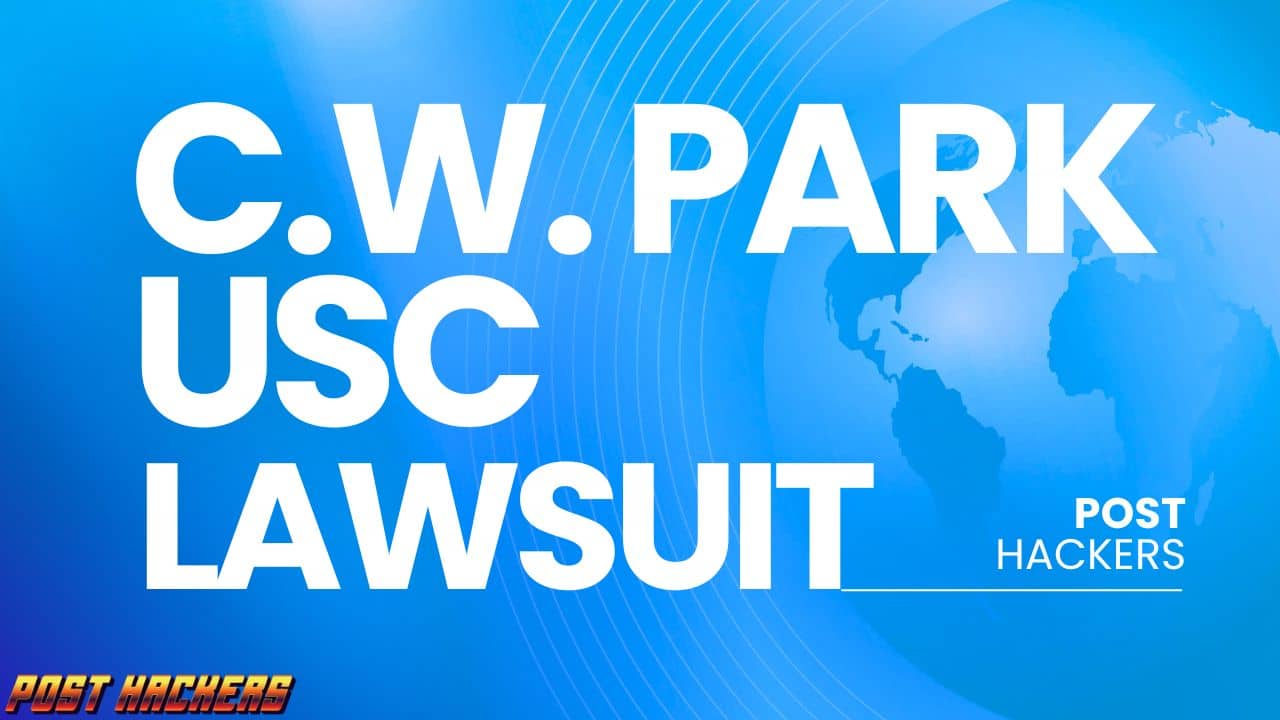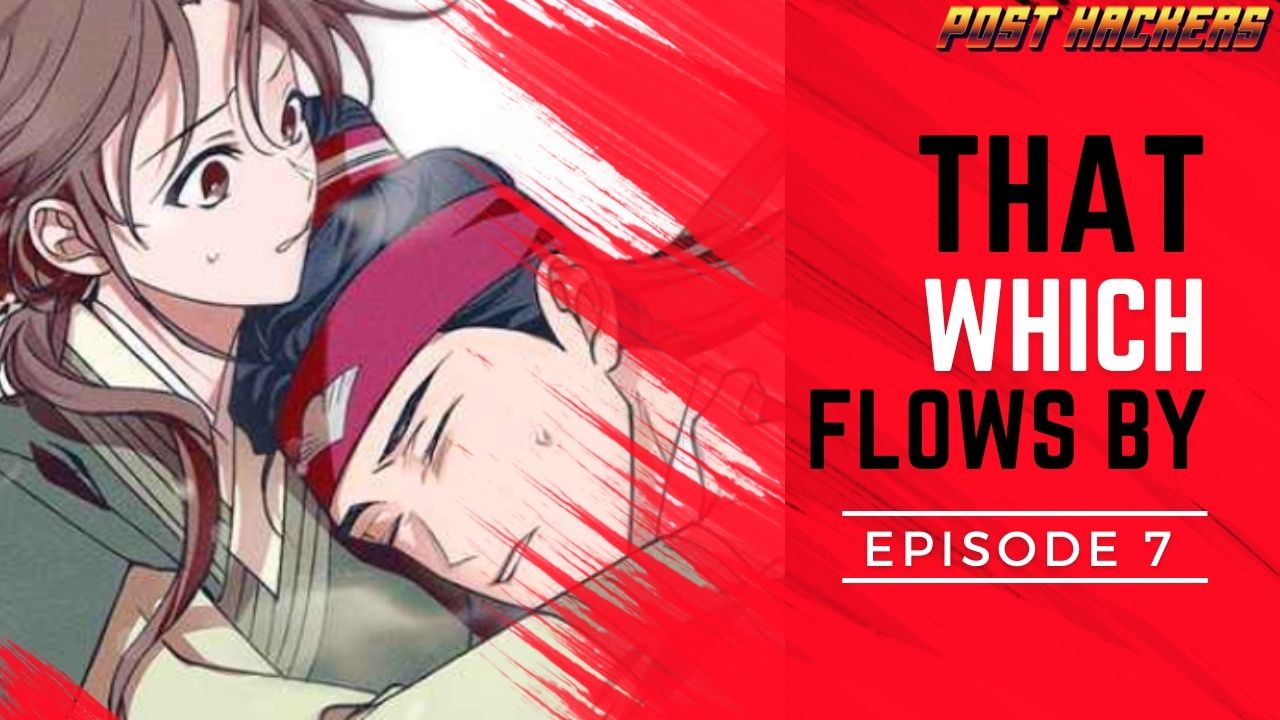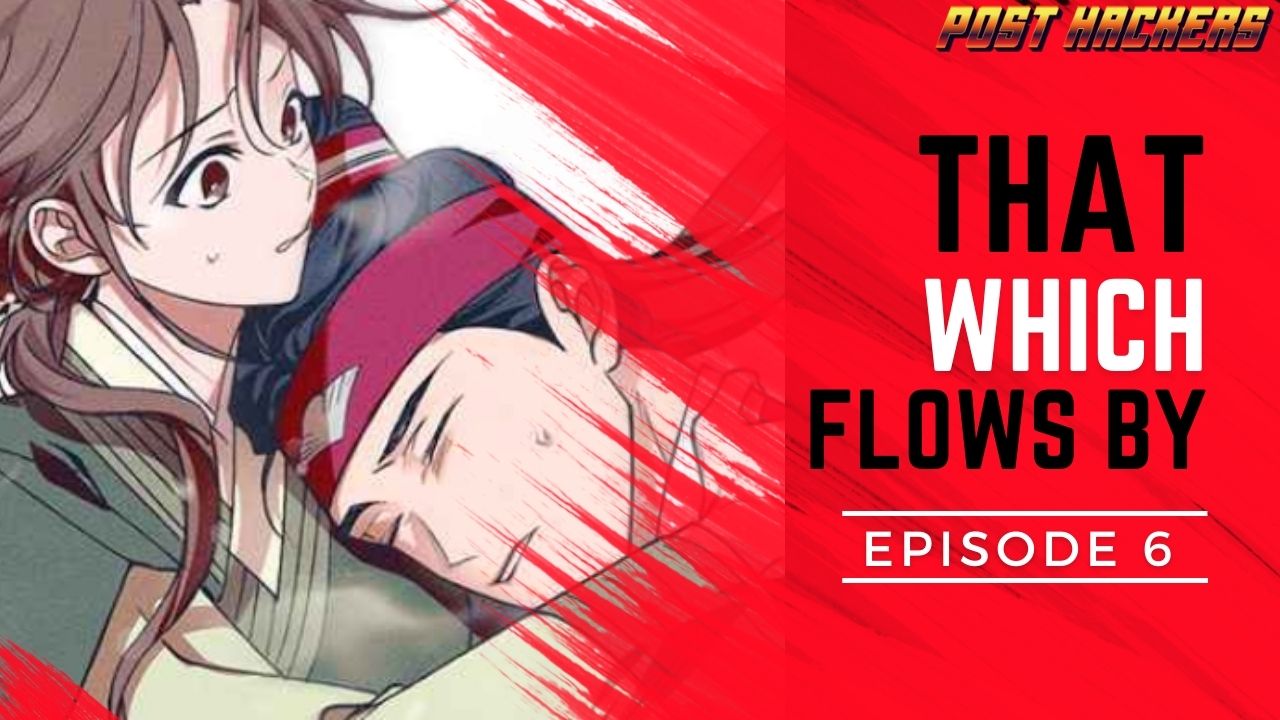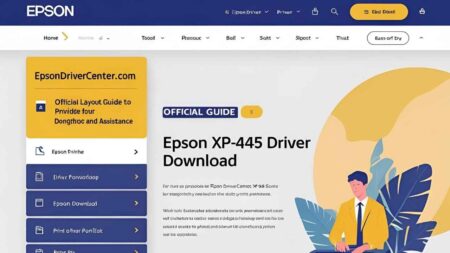Introduction: C.W. Park USC Lawsuit
In recent years, the C.W. Park USC lawsuit has captured national attention, sparking debates and discussions within the university community. Dr. Chan-Wook Park, a former professor at the University of Southern California (USC), filed this lawsuit against the university, alleging discrimination and retaliation. Dr. Park’s journey at USC, from his arrival in 2002 to the lawsuit’s filing, presents a compelling narrative that has raised critical questions about diversity, inclusion, and accountability in higher education.
The Background of the Lawsuit
The controversy surrounding Dr. Park’s tenure at USC began in 2016 when he was suddenly removed from his position as chair of the School of Cinematic Arts’ film production division, following years of success and positive feedback. In response to his dismissal, Dr. Park filed a complaint with USC’s Office of Equity and Diversity, alleging discrimination based on his race and national origin as a Korean-American. He also claimed that this pattern of discrimination extended to other Asian-American faculty members at USC.
The OED’s subsequent investigation acknowledged diversity and inclusion issues within the School of Cinematic Arts but found no concrete evidence to support Dr. Park’s claims of targeted discrimination.
Dr. Park’s Career and Allegations
Dr. C.W. Park, also known as Chun Woong Park, was an esteemed professor at USC in the field of marketing. Despite his significant contributions and achievements, he alleged facing persistent racial discrimination and harassment. These allegations included being overlooked for promotions and career advancement opportunities, solely because of his ethnicity. Dr. Park’s struggles culminated in a lawsuit against USC to seek justice for the discriminatory treatment he endured during his time at the university.
Dr. Park’s Role at USC
Dr. C.W. Park’s role at USC extended beyond his teaching duties. He was a respected scholar, conducting extensive research and publishing articles in his field, which significantly contributed to the university’s reputation. His academic leadership at USC also included mentoring numerous students, demonstrating his influence on the academic community.
Allegations against USC and Dr. Park
Allegations against USC and Dr. C.W. Park have been widely discussed in recent years, focusing on issues of racial discrimination and unequal treatment within the university. Dr. Elizabeth Daley, former dean of the School of Cinematic Arts, filed a lawsuit against USC and Dr. Park, claiming that USC engaged in discriminatory practices in hiring and promoting faculty within the School of Cinematic Arts.
Dr. Daley alleged facing resistance in her efforts to diversify the faculty and promote diversity initiatives within the school, citing a “boys’ club” culture and a lack of support for female faculty members.
Impact of the Lawsuit on USC and Its Students:
The C.W. Park lawsuit has not only affected the individuals involved but has also had a profound impact on USC as an institution and its students. The negative attention has damaged USC’s public image, raising questions about the university’s handling of complaints and its approach to addressing issues like sexual harassment. This has implications for the safety and well-being of current students.
Additionally, the lawsuit may lead to financial repercussions for USC, potentially affecting students through budget cuts or increased tuition fees. Changes in policies in response to the allegations may also impact student experiences and campus dynamics.
Response from C.W. Park USC Lawsuit
USC and Dr. C.W. Park have issued statements in response to the allegations. USC defended its actions, emphasizing its commitment to providing a safe and supportive environment for students. Dr. Park denied all allegations, asserting that he had always acted with integrity and professionalism in his interactions with students.
Legal Perspective: Analysis of the Lawsuit and Possible Outcomes
A legal analysis of the lawsuit against USC reveals that it centers on allegations of sexual harassment and retaliation, which invoke Title IX obligations for universities to protect students from gender-based discrimination and harassment. Key issues to consider include the handling of the allegations, the defendants named in the lawsuit, and the potential legal outcomes.
Lessons Learned from this Case
The C.W. Park USC lawsuit offers important lessons on the need for transparency, accountability, addressing power dynamics, and speaking up about harassment and discrimination. These lessons can help prevent similar situations in the future.
Conclusion
The lawsuit underscores the importance of transparency and accountability in higher education, particularly in admissions, diversity, and faculty-student relationships. It emphasizes the need for strict guidelines, protocols, and policies to create safe and inclusive environments for all members of the university community. USC and other institutions must address these challenges to maintain their integrity and credibility in higher education.
If you are interested in more entertainment articles visit our Entertainment category

















